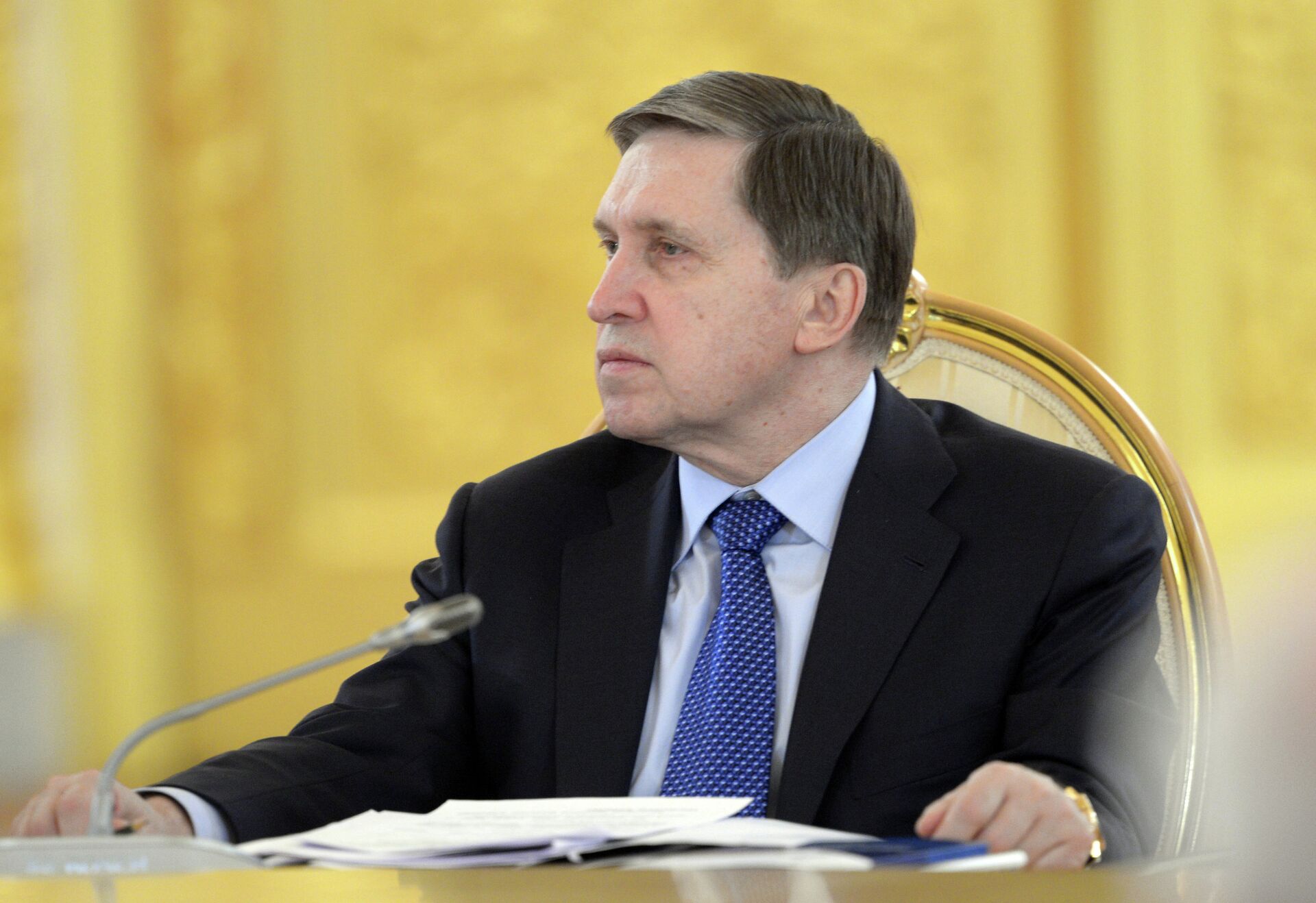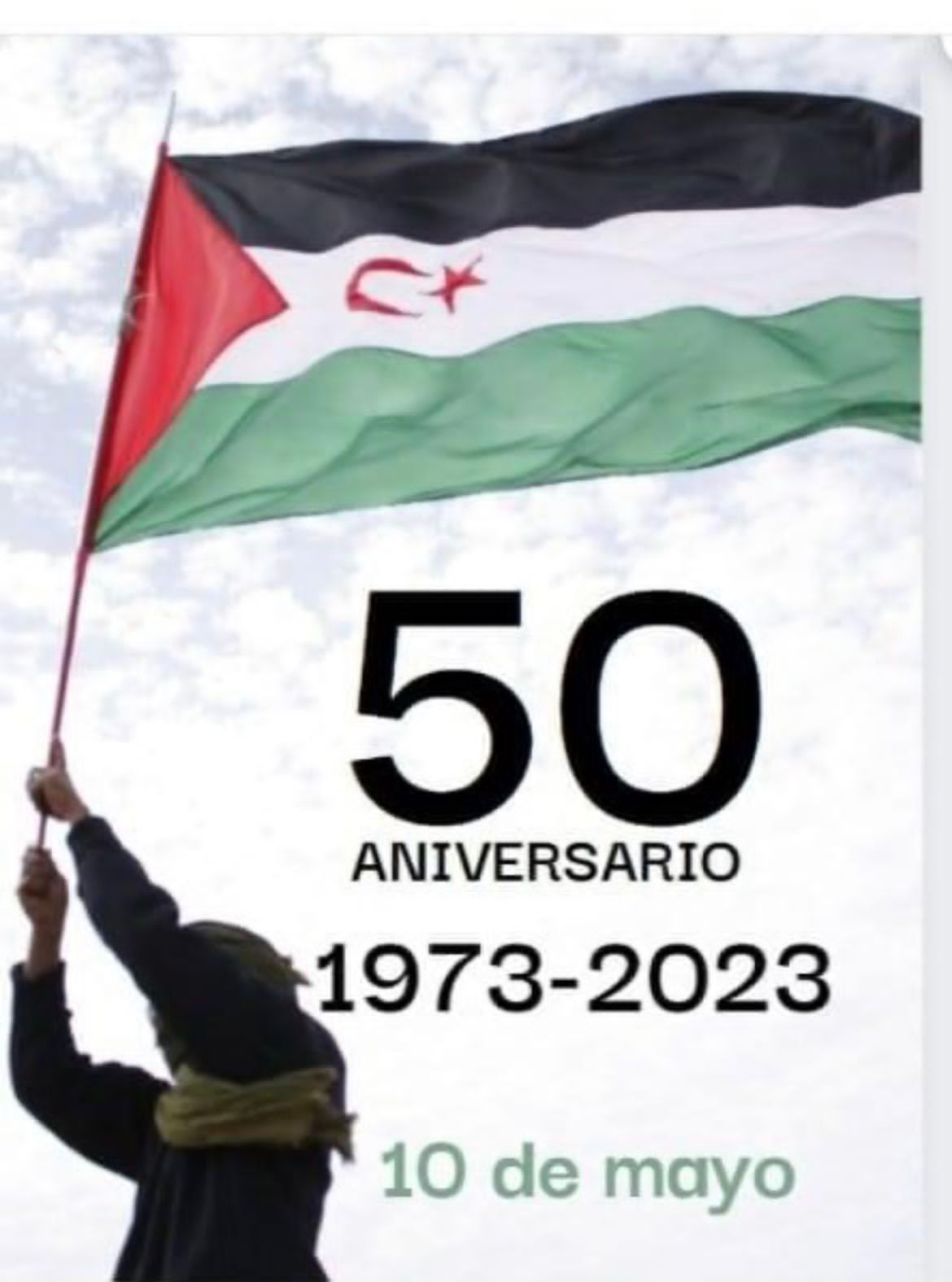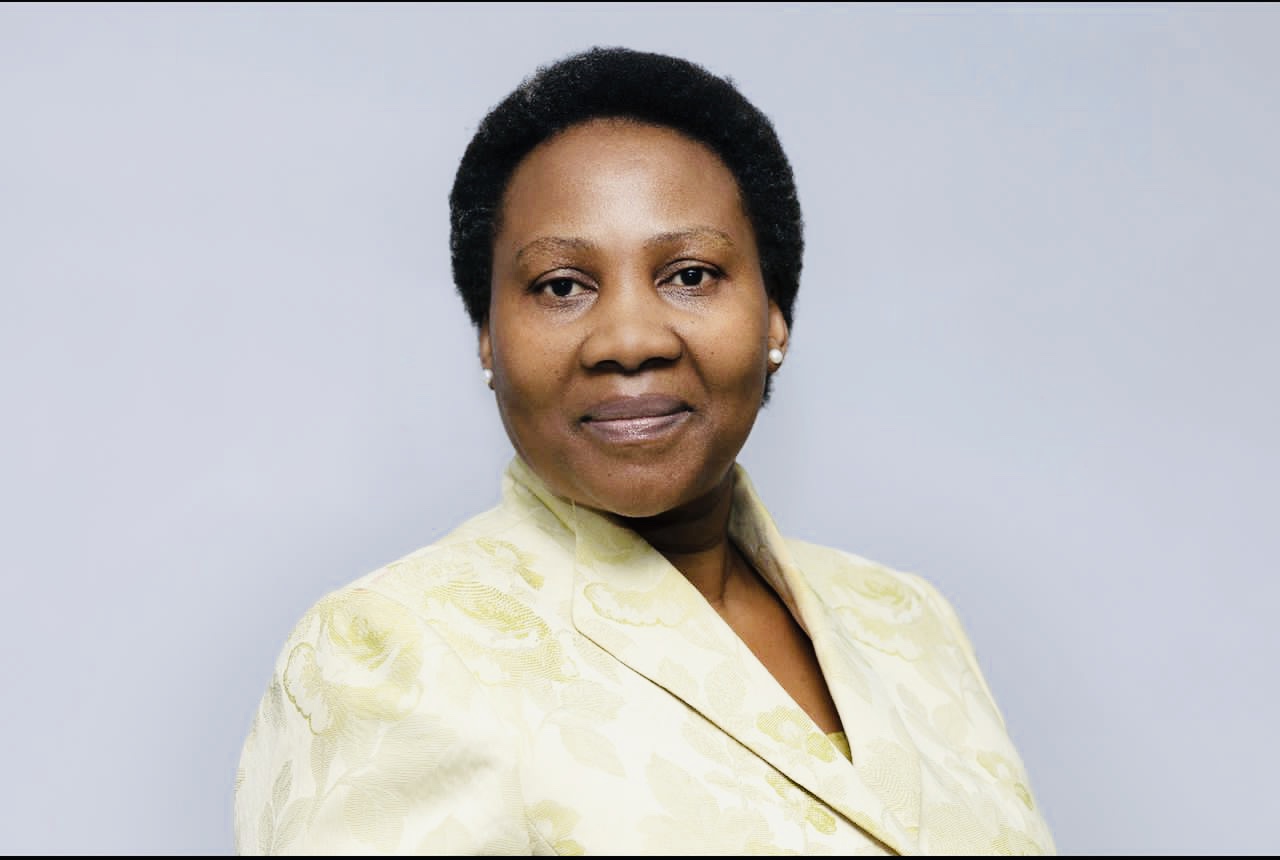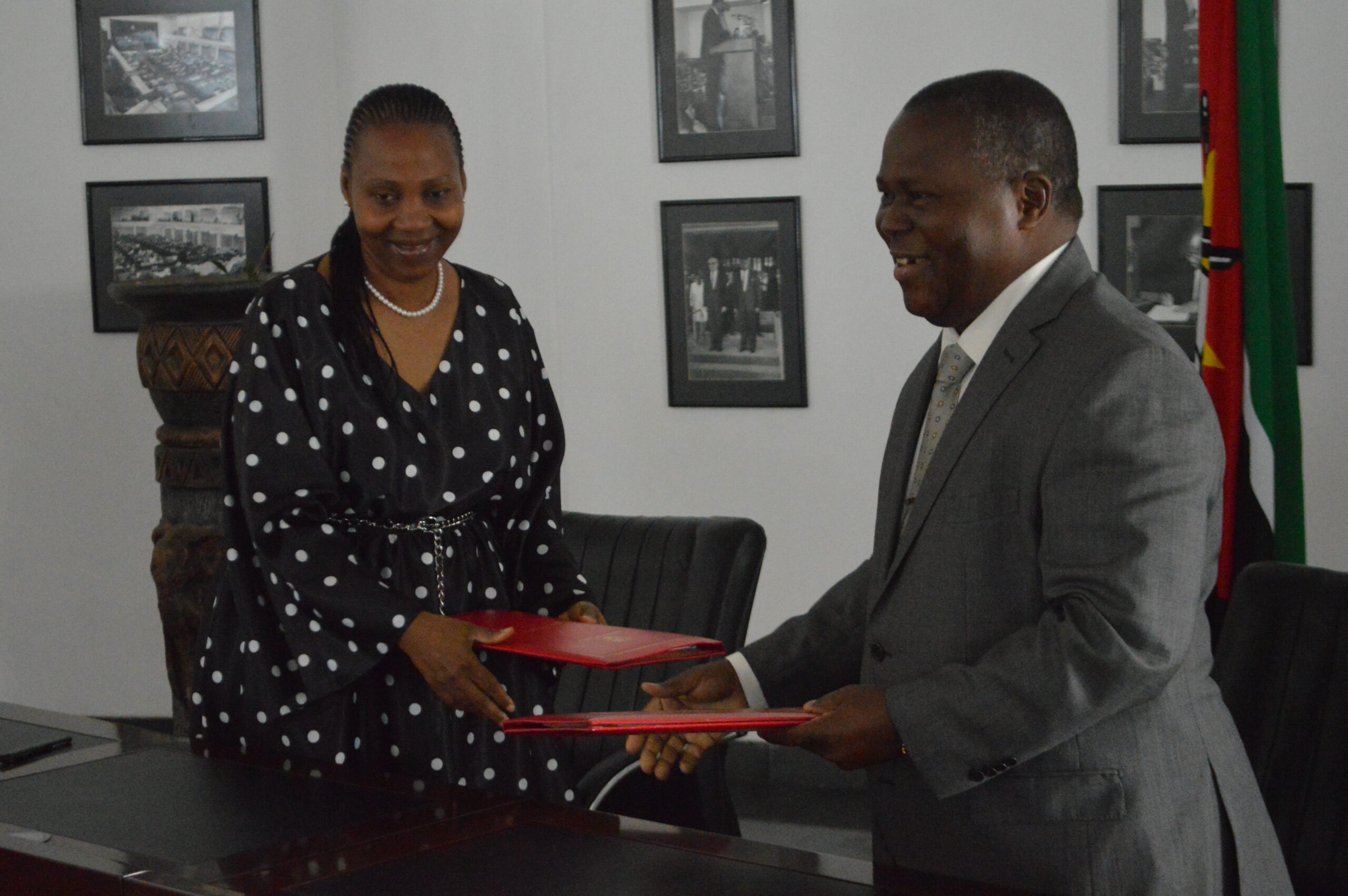
SADC PF Secretary General Ms. Boemo Sekgoma (left) and the Secretary General/Clerk of the National Assembly of Mozambique, Mr. Alfredo Vasco Noguiera Nampete after signing an Implementation Agreement on the third phase of a Sexual Reproductive Health Rights, HIV and AIDS Governance Project in Mozambique. Photo: Moses Magadza
Moses Magadza in Mozambique
MAPUTO – Combating corruption and fraud became the centerpiece of an agreement between the SADC Parliamentary Forum and the National Assembly of Mozambique on Wednesday.
SADC PF Secretary General Ms. Boemo Sekgoma and the Secretary General/Clerk of the National Assembly of Mozambique, Mr. Alfredo Vasco Noguiera Nampete, signed an Implementation Agreement on the third phase of a Sexual Reproductive Health Rights, HIV and AIDS Governance Project.

Shortly before signing the agreement, Nampete suggested inclusion of an explicit clause against corruption and fraud. Sekgoma welcomed the suggestion and said by including it, the National Assembly of Mozambique had struck the correct chord of a popular melody within SADC PF and SIDA, which funded, also, the first and second phases of the project.
Sekgoma said the SADC Parliamentary Forum does not tolerate corruption or fraud and had developed clear relevant policies and guidelines in this respect.
“The Forum has an Accounting Policies and Procedures Manual which provides for the economic, effective and efficient management of donor funds,” she said, adding that the Forum had, also, put in place an Anti-Fraud, Anti-Corruption & Whistle Blowing Policy (2019).
The SG said the SADC PF was thus committed to the “economic, efficient and effective” management of all funds including support from donors and other development partners.
She added: “It is imperative that the National Assembly put in place such safeguards, prudential systems and precautionary measures as appropriate to prevent corruption and fraud when the Forum disburses funds obtained from the Swedish grant to implement activities under the SRHR, HIV and AIDS Governance Project.”
She suggested that the accounting departments of implementing national parliaments scrutinise the conclusion of all transactions; archive all receipts and documentary evidence; keep separate files for the financial transactions relating to the Project; ensure that the Office of the Clerk/Secretary General is regularly updated on the status of funds disbursed by the Forum; return all unused funds to the Forum; and readily make available any financial details and documents relating to expenditures incurred under the Project upon request.
Sekgoma explained that the Forum’s accounts were subject to internal control, and to the external audits.
“One of the aspects scrutinised will include the Management of the SRHR, HIV and AIDS Governance Project in accordance with the Project agreement with SIDA and the Project Implementation Agreement with the Parliament of Mozambique. The Forum may be required to stop sending funds to Mozambique if corruption or fraud is uncovered,” she said.
SIDA has made combating corruption – a key obstacle to development – a top priority in its work. SIDA defines corruption as the abuse of trust, power or position for improper gain.
Mrs Yapoka Nyirenda Mungandi, the Director of Finance & Corporate Services at SADC PF, accompanied Sekgoma and participated in meetings with staff and Members of Parliament to ensure that the Project is not only fully understood but also institutionalised across all sections of parliament.
The latter is necessary to ensure that Parliamentarians embrace and support the Project so that it has the envisaged impact.
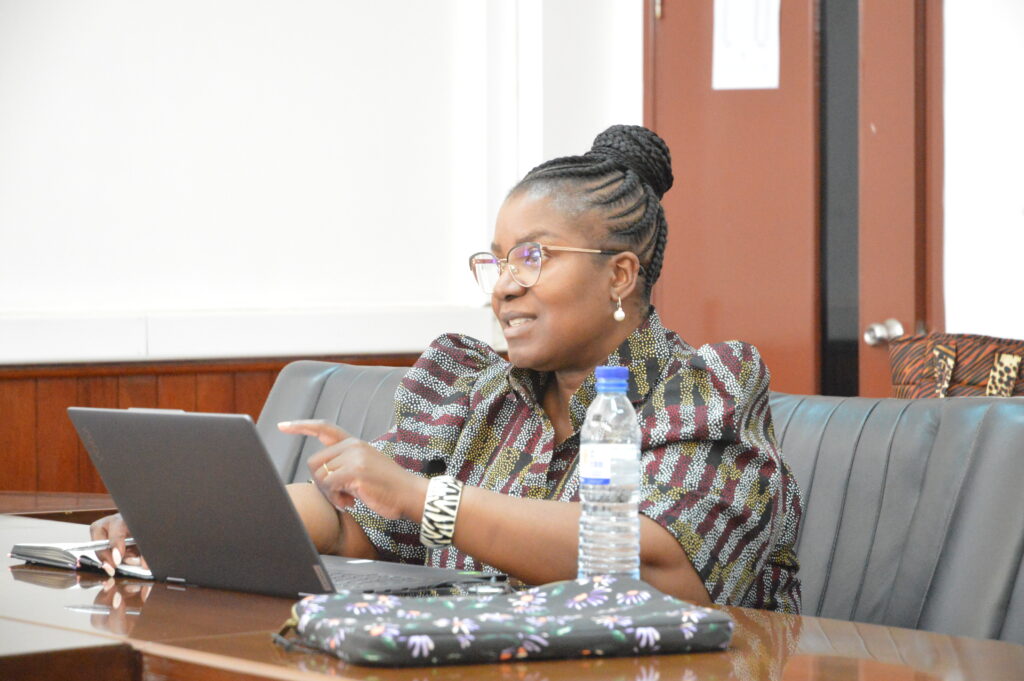
Mungandi revealed that Mozambique was set to receive about 3,6 million Rands over the three-year Project scheduled to end in 2026. She said the overall budget of the Project across the SADC region was about USD5 million.
The third phase of the Project will build on the successes of the first and second phases while broadly focusing on thematic areas of SRHR commodity security; gender equality and Sexual Gender-Based Violence (SGBV); Sexual Orientation and Gender Identity (SOGI); early and unintended pregnancies and safe abortion; Comprehensive Sexuality Education (CSE); and Key Populations, among others.
At national level, the Project seeks the advancement of SRHR within the context of promoting democracy through SRHR implementation; gender equality and parity in addressing climate change and use of renewable energy sources, while amplifying the voices of women and girl children in decision-making processes to protect the environment and to recover from environmental disasters; building the capacity of national Parliaments to address SRHR using evidence; and promoting the domestication of Model Laws and other initiatives.
With the Implementation Agreement signed, it is all systems go in Mozambique and expectations are running high. Sekgoma said the signing “demonstrates the leadership and commitment” of the Parliament of Mozambique on SRHR-related issues.
She said: “It shows the commitment of the SG in ensuring that the capacity of staff of parliament is built and that MPs have the knowledge of what is happening nationally, regionally and globally on SRHR, HIV and AIDS Governance.
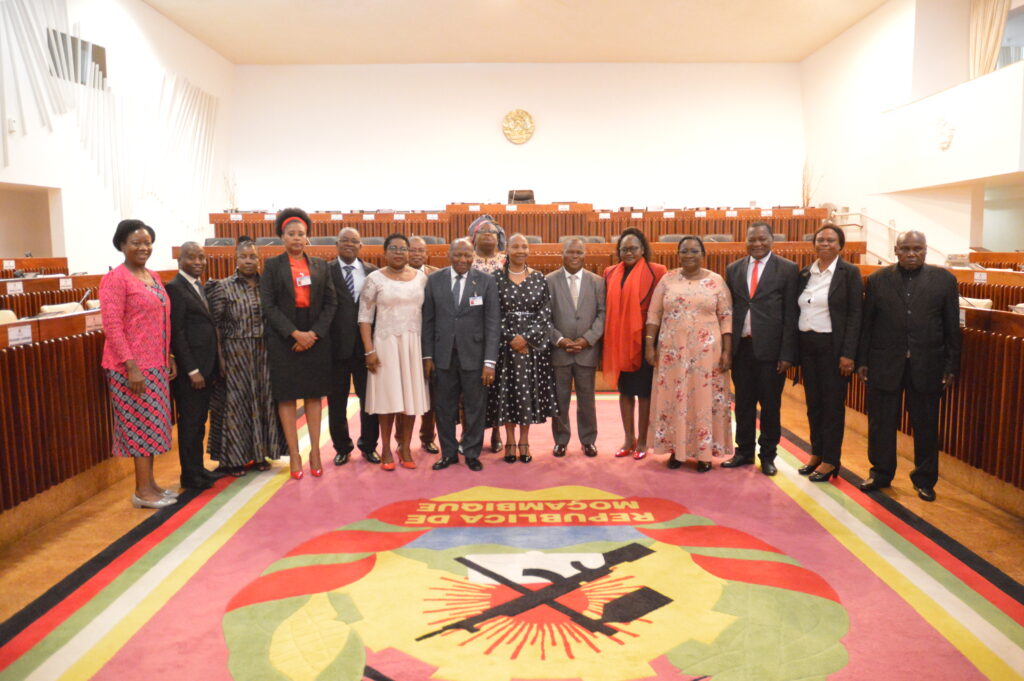
“This is a good day for parliamentary democracy, for accountability, for SDGs and for Mozambique. This will affect our laws and budgets. Our MPs will be actively engaged.”
Nampete said: “This agreement exhorts us to ensure that the SRHR of our people are promoted and that we ensure that children do not die young while the health of women, girls and children is safeguarded. This Project is a continuation.
“It will add value to our country which, like all developing countries, faces scarcity of resources. As parliament we are committed to delivering according to expectations.”
The SADC PF, which brings together 15 SADC Member States and approximately 3700 Members of Parliament, is implementing the project, which is open to all 15 SADC countries with funding from Sweden.






